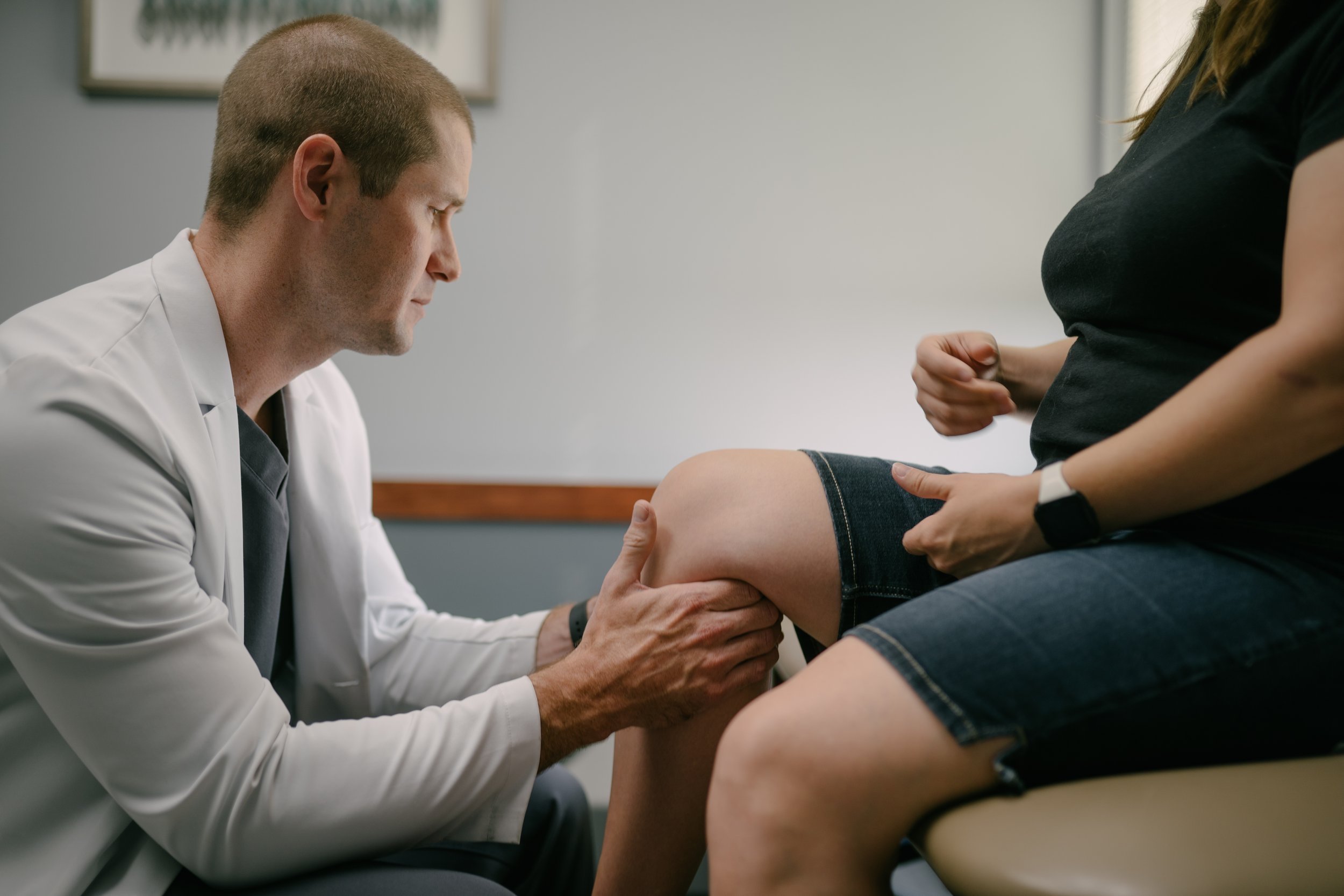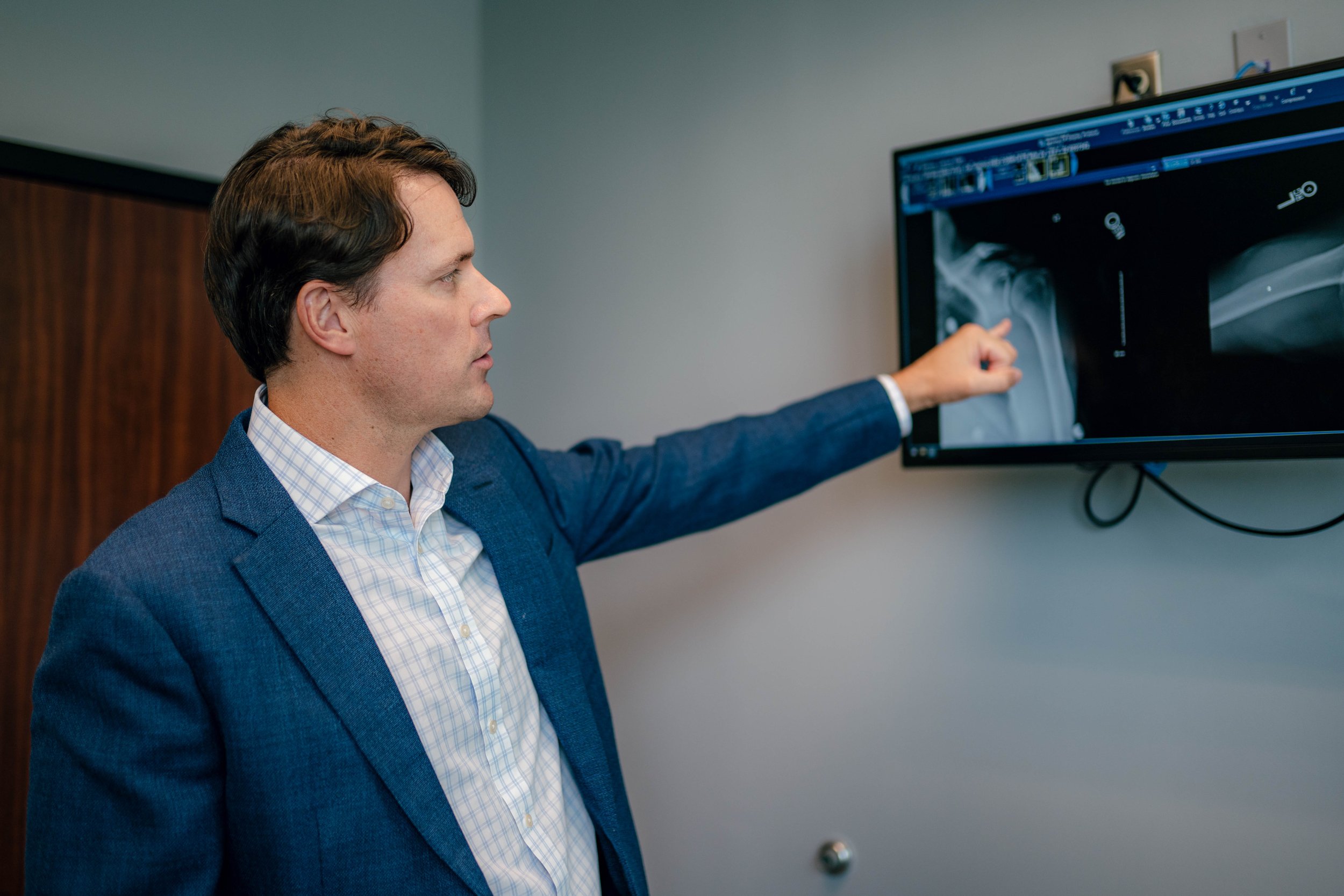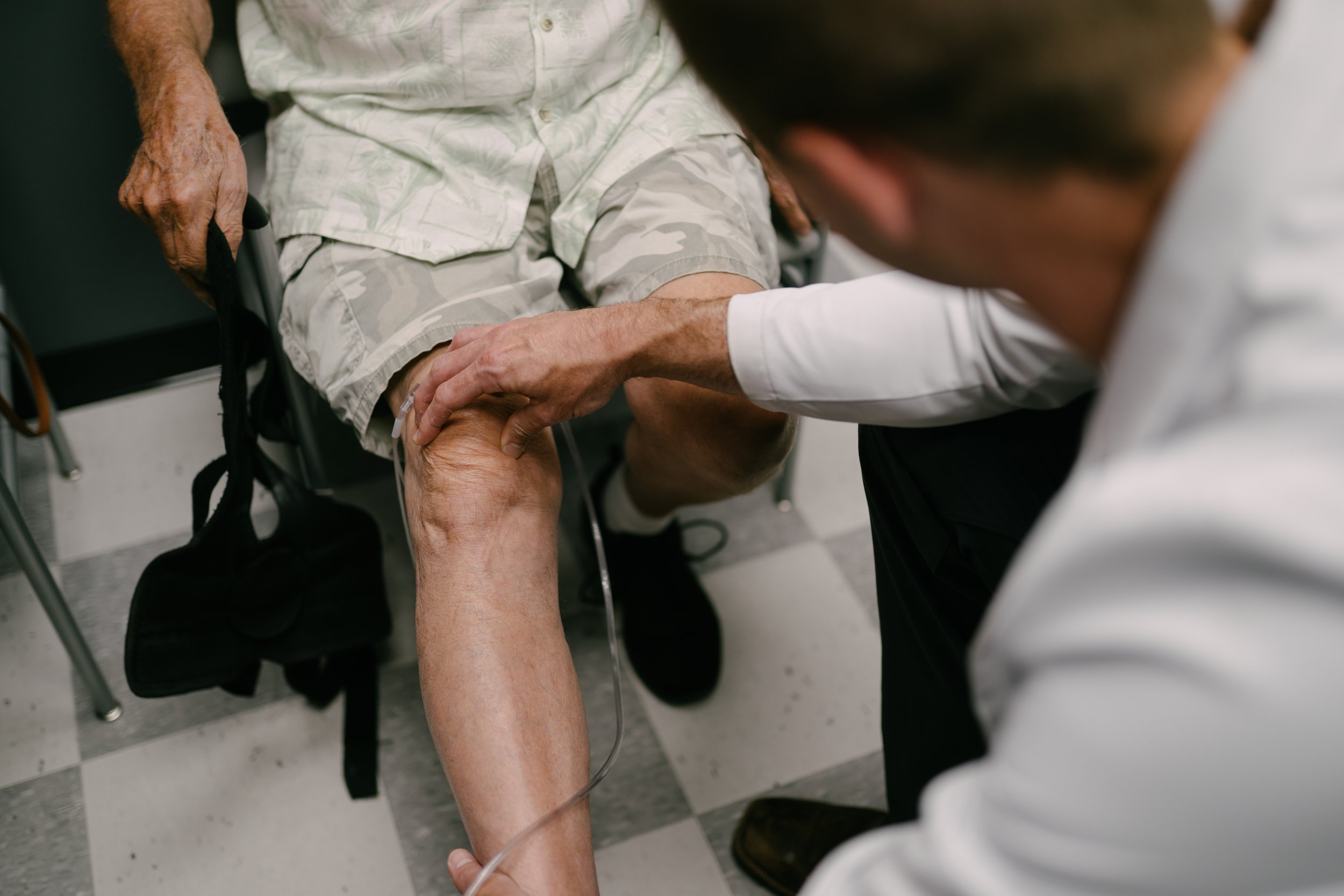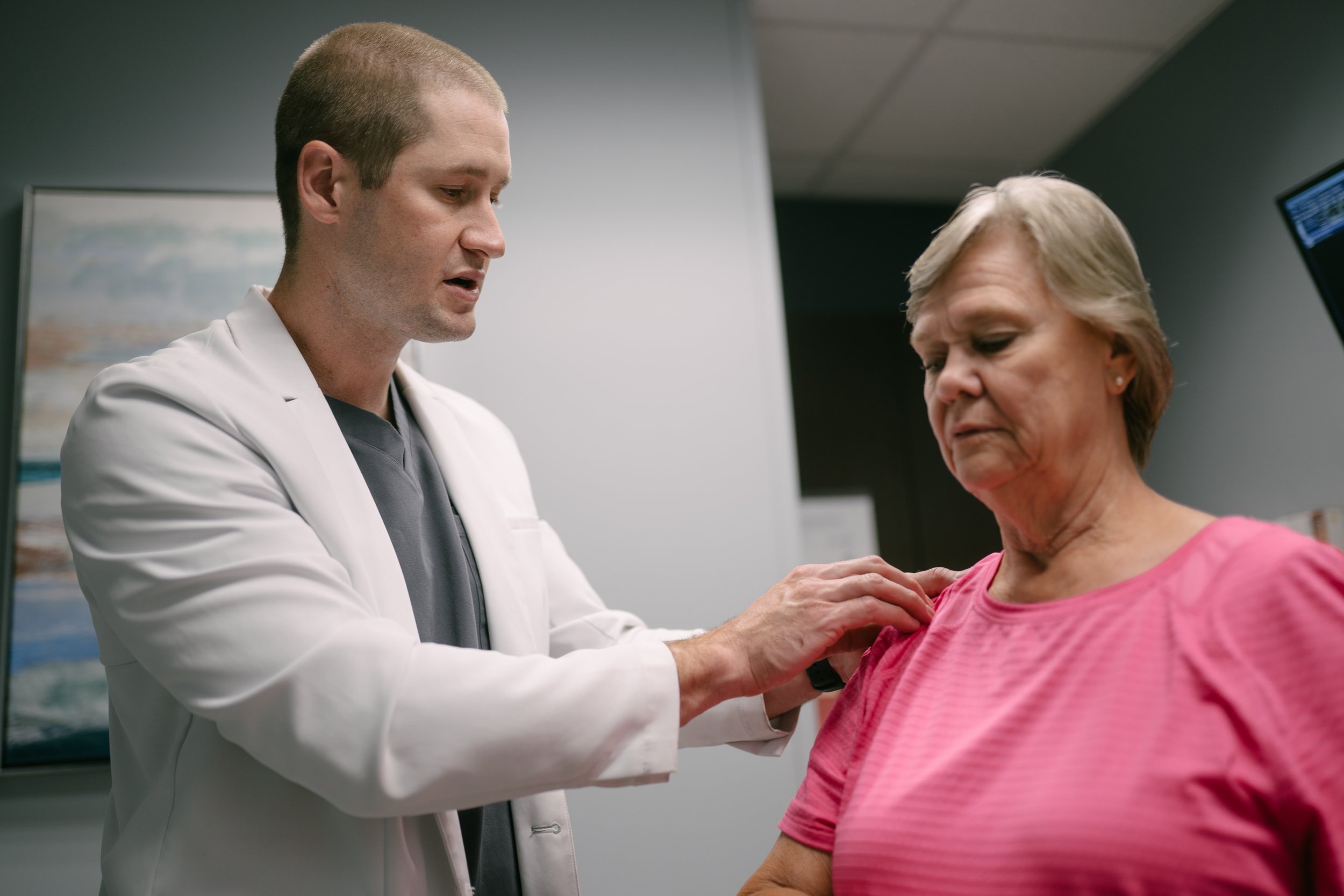Non-Surgical Treatment for Joint Pain in the Knee and Shoulder
We understand the idea of surgery can be intimidating. For joint pain sufferers who haven’t found proper relief and are looking for alternatives to surgery, amniotic injections could be the solution.
What is an amniotic injection?
Amniotic injections are derived from amniotic fluid, a substance highly concentrated in stem cells and hyaluronic acid, which helps lubricate joints, ease pain, and restores mobility in the joints. Studies have shown that amniotic fluid is naturally regenerative and can reduce inflammation thus reducing pain and increasing mobility.
The key ingredients in amniotic injections are stem cells used to trigger damaged tissues in the body to repair themselves and hyaluronic acid because it’s similar to a naturally occurring substance that lubricates the joints.
How does it work?
Processed amniotic stem cells from your body are injected into the affected area. This process is non-invasive and does not require anesthesia. There is minimal discomfort and the number of injections varies per the condition.
Amniotic injections are a safe and effective treatment with no risk to the patient. Side effects are minimal, i.e. swelling of the injected area.
Who is a perfect candidate?
Patients who are experiencing pain in their knee or shoulder.
What do amniotic injections treat?
Joint Pain
Osteoarthritis
Rotator Cuff Tears
Tendinitis
At Ortho San Antonio, our main goal will always be a patient’s complete and total recovery. We achieve that goal by pairing patients with our highly skilled and specialized surgeons and by practicing with current technology and treatments. Above all, we believe in cultivating relationships with our patients to ensure they receive the highest quality treatments to facilitate their recovery process.
The best way to determine if amniotic injections are right for you and your condition is to schedule a consultation with any of our doctors at Ortho San Antonio.




